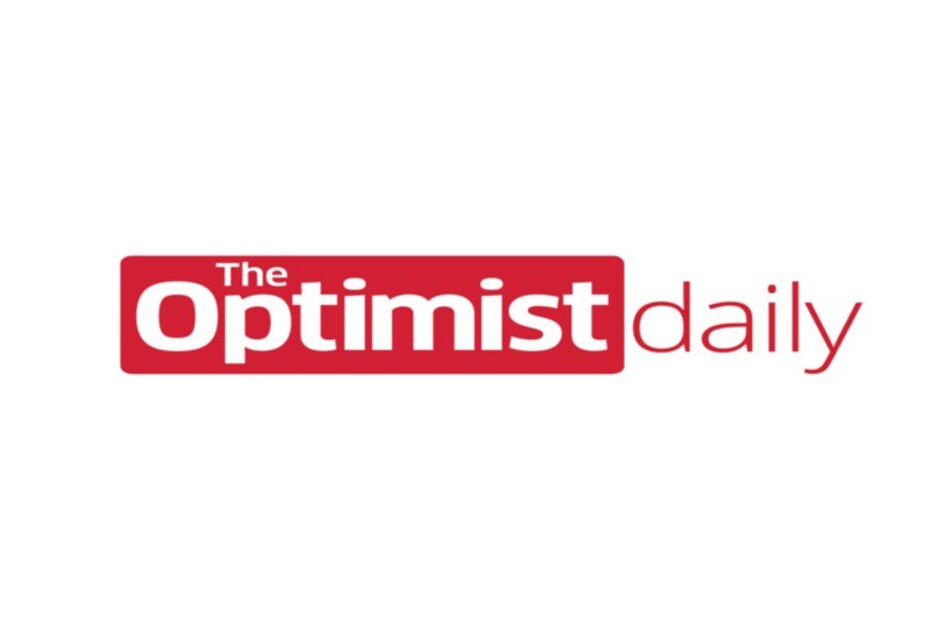In 2020 we shared how startup Majority helps immigrants navigate the US financial system with banking assistance. The reality is that because of overdraft charges, account minimums, and other fees, many low-income or marginalized individuals choose to avoid the banking system because of monetary and cultural barriers. A new California bill aims to resolve this issue with free public banking.
California legalized public banking in 2019, and the new California Public Banking Option Act will follow up this legislation with CalBank, a state government program that offers universal consumer banking. The bank will be the first of its kind in the country and would offer no-fee debit cards, direct deposits from employers and government agencies, electronic bill payment, and free ATM access.
Supporters of the bill point to private financial corruption which resulted in the 2008 crisis and argue that public banks would reduce predatory behavior from private banks which often exploit low-income clients. The bill will also solve the massive issue of unbanked citizens who therefore have no access to credit and don’t earn interest on their money.
A 2019 survey by the Federal Deposit Insurance Corp. found that 15 percent of Black households and 13 percent of Latino households in California are unbanked. 49 percent of unbanked households report that one of their reasons for not having a bank account is an inability to meet minimum balance requirements.
The creators of the bill estimate it will cost $5 million a year to set up the bank until 100,000 Californians have signed up, at which point the system will become self-sustaining. In addition to being more equitable, public banks are also more socially conscious and include socially responsible charters, anti-corruption clauses, transparency, and an emphasis on community building. In short, public banks take taxpayer money back from Wall Street and reinvest it in communities.
Lack of access to banking creates a feedback loop in which those who do not have the financial resources or knowledge to open an account are therefore excluded from the benefits of credit and interest, perpetuating a cycle of poverty. The creation of a public restriction-free bank will open up financial avenues for thousands of Californians who have previously been disadvantaged in the banking system.
This story is part of our ‘Best of 2021’ series highlighting our top solutions from the year. Today we’re featuring policymaking solutions.












